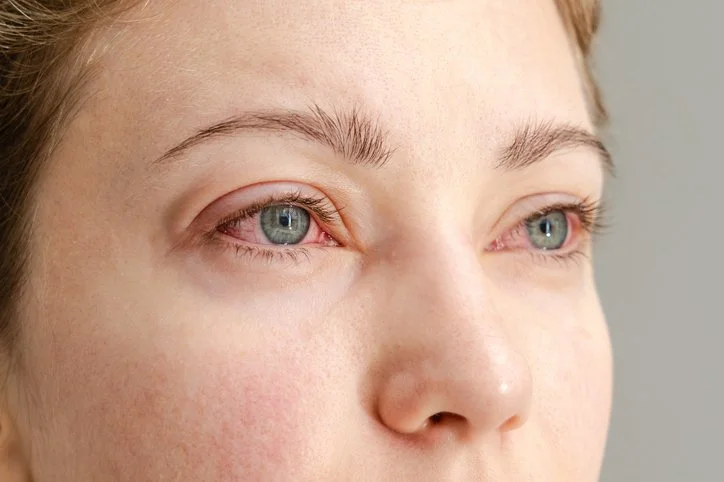Protecting your Eyes from Smog and Pollution
Despite the efforts of many individuals, groups and governments to take better care of our planet through initiatives like “Carbon Neutral” and “Net-Zero” - the reality is still some way off.
In fact, smoke, smog and air pollution have been reaching record highs in some unexpected parts of the globe.
In 2020 for example, our own beloved Sydney joined New Delhi and Beijing as one of the worst ten scorers on the Air Quality Index (AQI).
The Sydney Morning Herald reported that this surprise entry to the AQI was caused primarily by the bushfire crisis, as well as high levels of dust generated by the prolonged drought conditions which were experienced across the state of New South Wales.
In addition to causing respiratory problems, short term exposure to smoke, smog and air pollution can cause pain and irritation, leading to sore, red eyes. For those already struggling with Dry Eye Syndrome, symptoms are exacerbated.
It may also cause a sore throat, coughing, dizziness, headaches and nausea. Long term, air pollution is thought to contribute to cancers, heart and lung diseases.
How to Protect Eyes from Pollution + Smoke
When air quality is extremely poor, health experts recommend staying indoors where possible.
In Beijing, school is cancelled and outdoor barbeques are banned when air quality is at its worst, while heavy industry is forced by authorities to close or scale back.
And while you may not be able to see the air pollution once the bushfire has been extinguished, invisible particles of ash and dust can linger up to two weeks after the event, continuing to impact your eyes.
Wearing closely-fitted glasses or goggles in areas affected by smoke or hazardous air quality, help to protect the eyes.
What to Do When Smoke Gets in Your Eyes
If eyes do become red and sore, avoid touching or rubbing them. Switch out your contact lenses and wear glasses instead for a couple of days to allow the symptoms to settle.
Relieve the pain and discomfort by using preservative free lubricating eye drops – available from a pharmacy or optometrist – or, if you are able to rest, lie down with a cold wet cloth over the eye area.
Using a humidifier or air purifier in the bedroom at night is also thought to help.
Finally, if eyes remain inflamed or become worse, it is worth making an appointment at your local optometrist for a full eye health check.
As we continue our journey to reaching targets such as Net-Zero and Carbon Neutral, our eyes - as well as our planet - are truly grateful!
